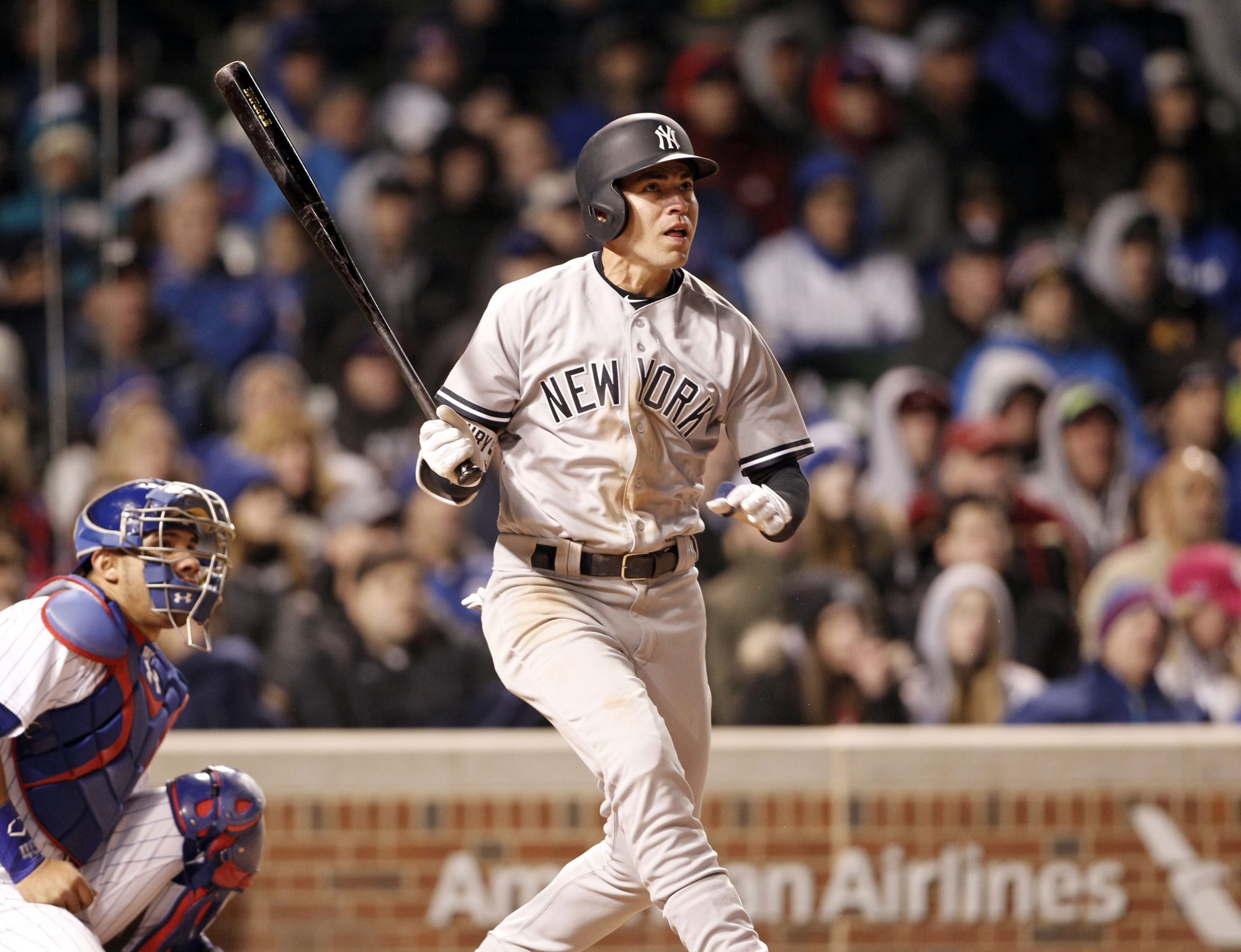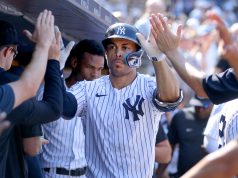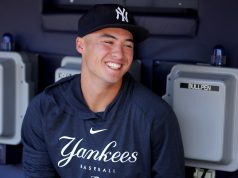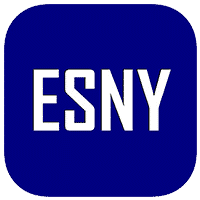While many people believe it’s borderline impossible to move Jacoby Ellsbury, the New York Yankees have some options in play.
The New York Yankees are only three and a half years into Jacoby Ellsbury‘s seven-year, $153 million deal signed in the 2014 offseason and his position has already degraded from center field to expensive pinch runner.
Thus, it’s hard for general manager Brian Cashman to not consider options as the July 31 non-waiver trade deadline approaches. However so difficult and expensive it may be, it would make sense for the Yankees to work out a way to part with the 33-year-old.
This season, Ellsbury is slashing .249/.324/.360 with an OPS+ of 80 — the worst of his career (min. 50 games) — and has gone 12-for-67 (.179) over his last 21 games played. His batting average in the Bronx is now down to .263, down 34 points from his total with the Boston Red Sox (.297).
Although those numbers are ugly by themselves, the contemporary depth chart leaves Ellsbury — who was, again, a $153 million investment — without a starting position.
Rookie sensation Clint Frazier has hit three homers in 16 games along with 11 hits over his last 34 at-bats (.324) en route to establishing himself as a spark to a Yankee team in dire need of one. Home run derby champ, American League Rookie of the Year frontrunner and MVP candidate Aaron Judge is here to stay. Brett Gardner has been a valuable presence to the team whether it’s hitting game-tying homers or showing the Baby Bombers the ropes of life in the majors. With Aaron Hicks coming back from the disabled list in about two weeks, Cashman will either make the team worse with a demotion of Frazier or find a way to rid himself of Ellsbury.
Fortunately, the latter doesn’t seem too far-fetched at all.
According to Sportrac.com, Ellsbury’s contract includes a cap hit of $21,142,857 for at least (!) the next three years — not including the rest he is slated to make in 2017. In 2021, the Yankees have the choice to either pick up one more year of Ellsbury for $21 million or buy him out for $5 million. Given the current trend and considering he’ll be 37 turning 38 at the time, that $5 million will be exercised.
That’s close to $70 million the Yankees will be paying an already past-their-prime All-Star without a starting position for what he was in 2013. That contract seems impossible to move until you realize that two steps could accomplish that goal as soon as this year.
One is, simply, to completely strip Jacoby Ellsbury of his starting position. Right now, we could only take Cashman’s and Joe Girardi‘s word and assume Ellsbury isn’t getting playing time because Frazier is the “hotter hand.” Regardless, he will still be without a cemented spot in the lineup when Hicks, who took over as the starting center fielder before he hit the shelf, returns.
Thus, that’ll convince Ellsbury to waive his full no-trade clause (yeah, don’t forget about that, too). Explaining to him that there’s no way he’ll find himself on the everyday lineup card should be enough to do that, especially considering he was benched in the Yankees’ biggest game since 2012 and the time he took offense to being moved toward the bottom of the order.
Step two is to find a buyer. This won’t be a deal that sends top prospects to New York and may even rub some fans the wrong way, but Cashman will need to find an organization with an Ellsbury-esque deal that’s willing to swap bad contracts.
The key here, though, is to find a contract that’s more serviceable to the Yankees than Jacoby Ellsbury’s. It’s already been established in this column that he is a man without a place with the Yankees and that’s a narrative that’s likely to continue with Frazier’s rise, the return of Dustin Fowler next season and the continued success of Class-A prospect Estevan Florial.
Looking at the current market while factoring in high-salary ballplayers likely to be traded, there are a couple fits.
Detroit Tigers’ pitcher Jordan Zimmerman is owed the remainder of his $18 million owed in 2017 and $74 million from 2018-20. His sharp decline (5.81 ERA this year compared to 4.87 in 2016) has the looks of a bad contract, but Cashman is justified in taking a better chance on a career 3.65 FIP for a little over $74 million until 2020 compared to over $70 million to an outfielder with no position until 2021.
Why does this make sense for Tigers’ GM Al Avila? The franchise needs to shed salary and although it’s hard to believe, Ellsbury is a bit cheaper.
Giancarlo Stanton‘s $300 million contract could also work in a swap if Miami agrees to eat some of Ellsbury’s contract but with no intention of making franchise-altering decisions without an owner, seeing Judge and Stanton in the same lineup is an unlikely fantasy.
Another reach exists with Los Angeles Angels first baseman/designated hitter Albert Pujols, who is under contract until 2022 for the rest of his $26 million owed this season and $114-million due to him from 2018-22. The Angels will have to eat a chunk of this for the Yankees to even consider handing out all that money to a DH, but at least there’s an opening there for the newest member of the 600 home run club, unlike Ellsbury now.
Buster Olney of ESPN highlighted a couple more options — like Robinson Cano, Johnny Cueto, Jeff Samardzija and more — on his blog, which sparked this thought on the best fit for Ellsbury. Cash -wise, Zimmerman’s deal is truly similar to Ellsbury’s. If Cashman is willing to ship a lower level prospect or two to Detroit in order for them to accept the final year of Ellsbury (or buy him out), the fit is there.
At some point, a trade will have to go down. If not, releasing Ellsbury or even giving up top prospects just to get rid of him may be in order.












